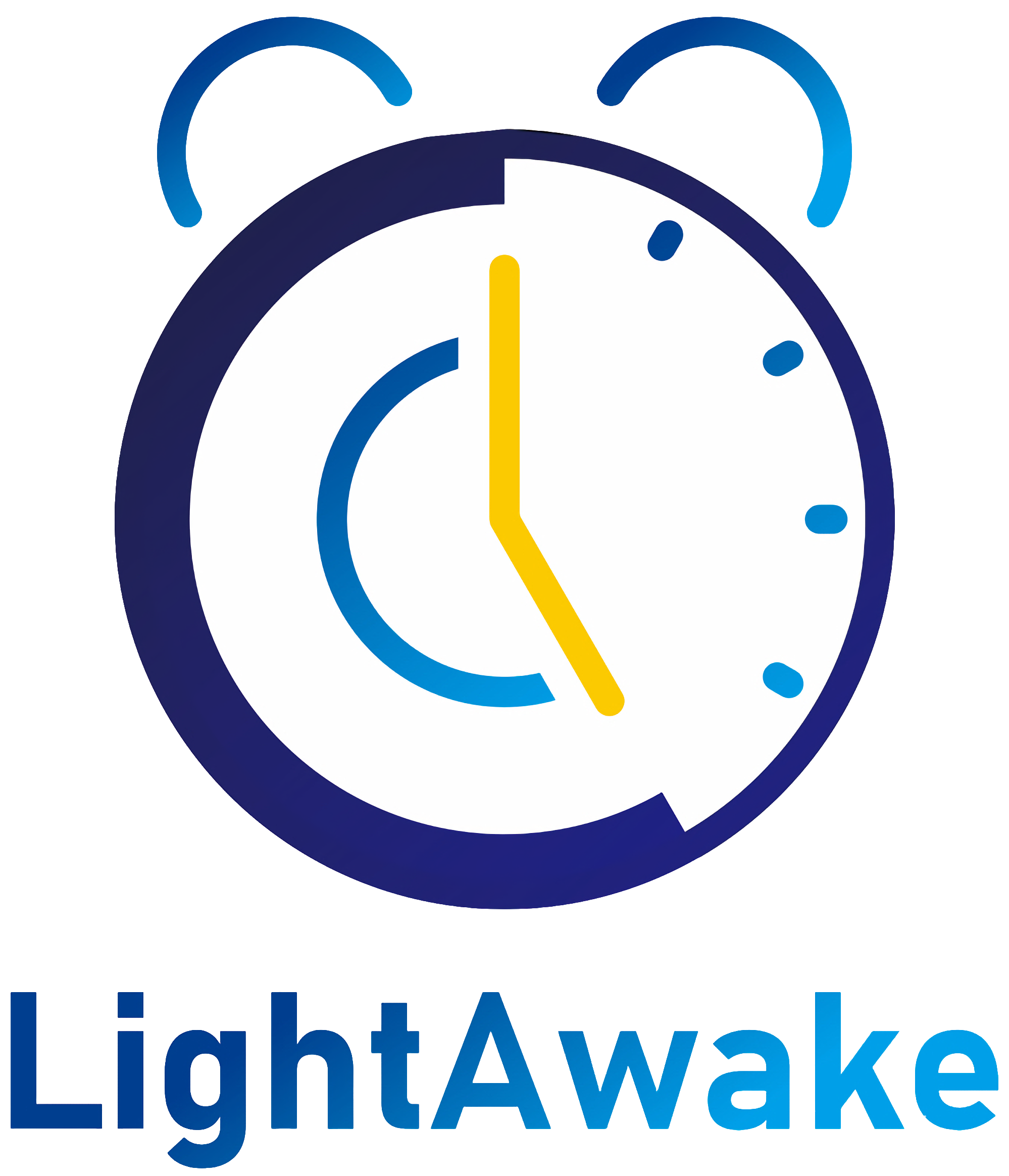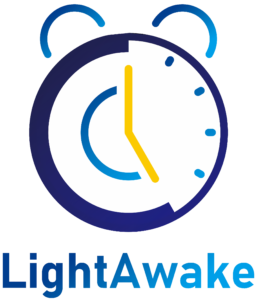Have you heard of the Sunshine Act? It’s a piece of legislation that would make daylight savings permanent in the U.S. It sounds like a bright idea, but dig into the science, and there are harmful impacts to our circadian rhythms. Light Awake’s position is that permanent standard time is a healthier idea.
Four Concerns with Permanent Daylight Savings
The Sunshine Act recognizes an essential fact – many Americans hate daylight savings. It messes with natural biology, negatively impacts work and school, and even takes a toll on mental health. None of those effects go away if daylight savings becomes the new norm, however.
Let’s look in more detail.
1) Decreased Health
Daylight savings is hard on the human body. We don’t adjust well to the sudden shift in the spring and fall. It’s more than an annoyance though. As we experience a suspended form of jet lag, our health suffers.
Effects include: “increased risk of adverse cardiovascular events, mood disorders, and motor vehicle crashes … cardiovascular disease risk, metabolic syndrome and other health risks,” as summarized by the Journal of Clinical Sleep Medicine (1).
2) Delayed Dawn
Our brains are wired to respond to the wax and wane of natural daylight. In the mornings, the rising sun is responsible for a set of biological responses. It’s the human equivalent of a computer booting up. There’s an entire hormonal sequence happening before and after opening our eyes.
But the Sunshine Act would permanently push dawn into the 8 to 9 a.m. hour.
For example:
- San Francisco’s sunrise would be after 8 a.m. (2).
- Dawn in Atlanta would be pushed from 7:42 a.m. to 8:42 a.m. (3).
- New Yorkers would receive first light at 8:20 a.m. (3).
- Portland and Seattle wouldn’t see sunrise until nearly 9 a.m. (3).
It’s doubtful workplaces, schools, and daycare will push back start times just because the sun rises later. Yet under the Sunshine Act, people will be forced to rise and prepare for their day in the total dark. Delaying when we become naturally alert would affect morning commutes, learning concentration, and productivity.
3) Drowsier Mornings and Evenings
The unintended consequences of the Sunshine Act aren’t limited to the morning. It could affect the entire trajectory of your day, including getting a restful night of sleep.
As reported in NBC News, “Dr. Kin Yuen, a sleep medicine specialist at the University of California, San Francisco and a fellow at the American Academy of Sleep Medicine, said that when people rise in darkness, hormones like cortisol may not be readily available, so people might feel drowsier. Then at night, daylight saving can lead people to go to bed later, which can delay the body’s production of melatonin” (4).
Light Awake stands on the side of science, supporting statements from the American Academy of Sleep Medicine and the Society for Research on Biological Rhythms that permanent standard time is the better solution.
But no matter what legislation is passed, Light Awake offers a gentle way to encourage your body to rise in the morning. Using the app’s light-based option will help you work with, not against, your natural biology. Download below from the Google Play Store or Apple App Store.
References
1. Journal of Clinical Sleep Medicine, 2020
2. San Francisco Standard, 2022
As of December 2022, the bill has passed the Senate but has not gone further. If you are curious about the legislation’s origin, read its proposal here.



 Light Awake uses pulsating light to gently rouse you from sleep. There are no sharp, piercing noises that startle you awake. Its flashing light is designed to stimulate your circadian system and comfortably move your mind from slumber to consciousness. This is the only wakeup system that is based on the physiology of our eyes and brain.
Light Awake uses pulsating light to gently rouse you from sleep. There are no sharp, piercing noises that startle you awake. Its flashing light is designed to stimulate your circadian system and comfortably move your mind from slumber to consciousness. This is the only wakeup system that is based on the physiology of our eyes and brain.